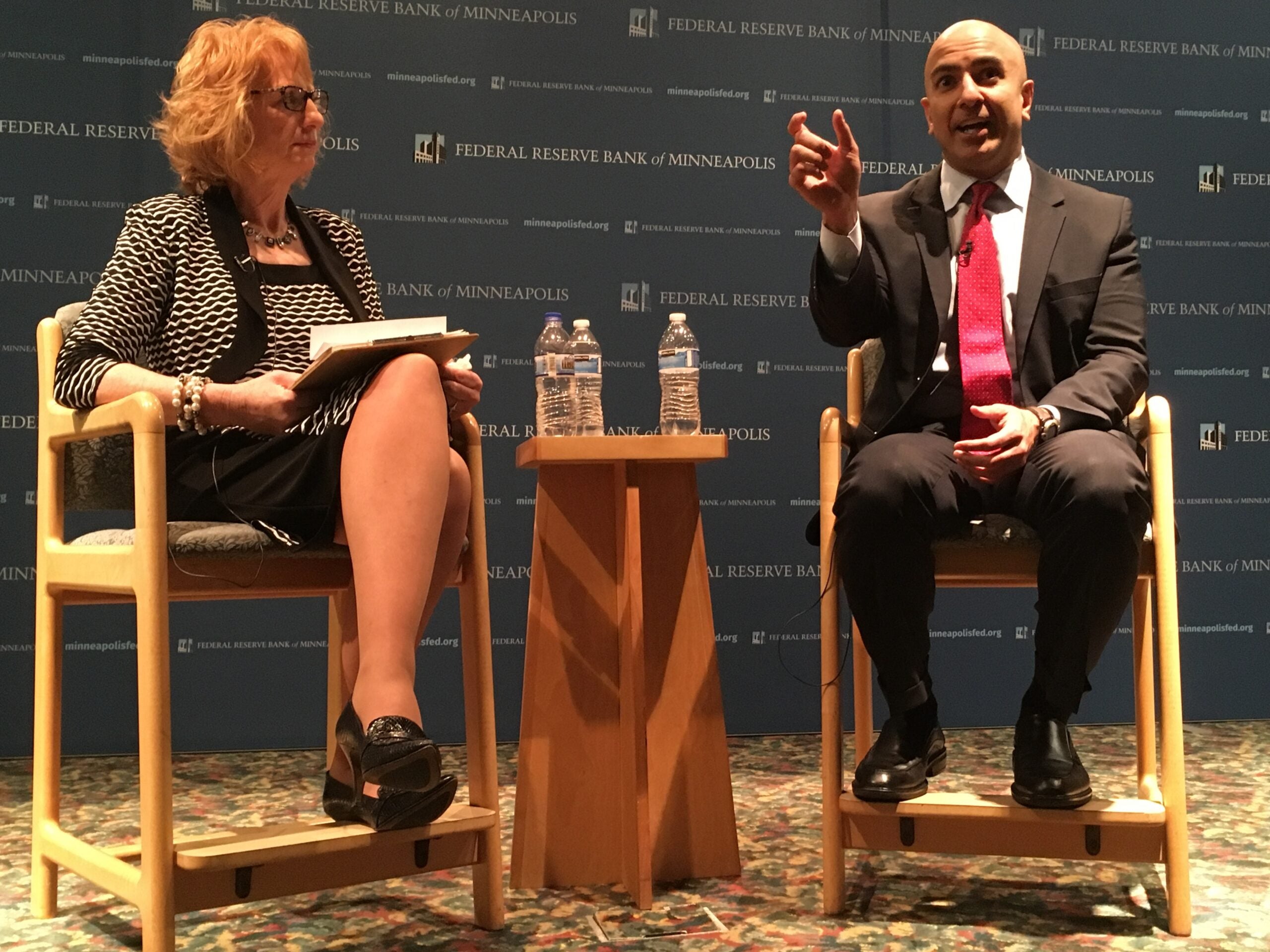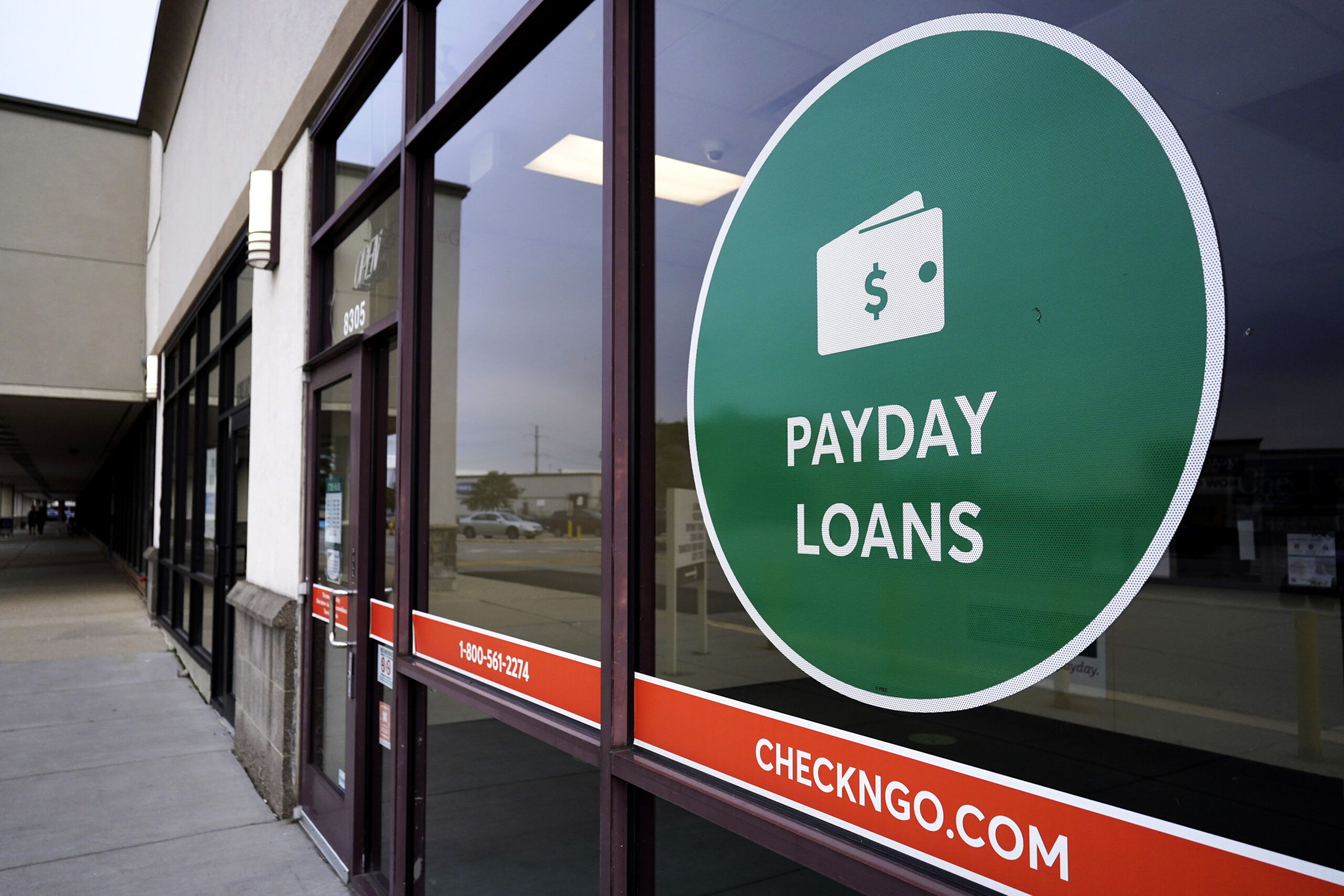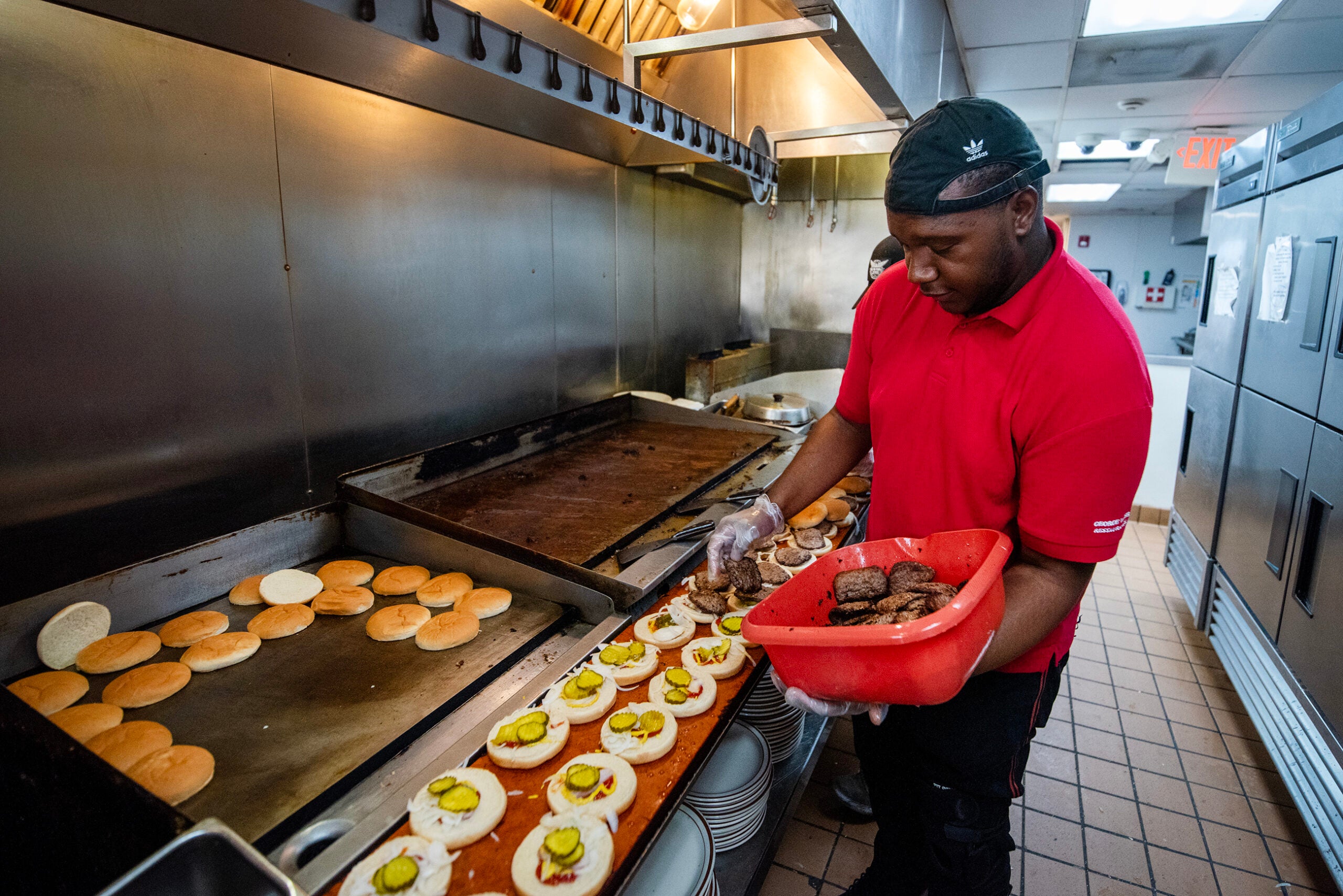The President of the Minneapolis Federal Reserve Bank recently traveled to northern Wisconsin for a town hall meeting about interest rates, fiscal policy and the economy.
Minneapolis Federal Reserve Bank President Neel Kashkari said in an interview after the meeting in Ashland that one strength of state economies in the Midwest is they’re diverse compared to states elsewhere.
“Most major sectors of the U.S. economy are represented here,” he said. “In a sense, you can think of our region as a mini United States of America, whereas other states may be very concentrated. Part of Michigan is very concentrated in the auto sector. You have the tech sector in Silicon Valley.”
News with a little more humanity
WPR’s “Wisconsin Today” newsletter keeps you connected to the state you love without feeling overwhelmed. No paywall. No agenda. No corporate filter.
But, Kashkari adds one challenge for Midwest states is having large rural areas.
“We don’t have the big city centers that they have, let’s say, on the east coast,” he said. “That is a big difference.”
Kashkari said the Midwest faces more of a challenge drawing economic development than other areas of the country that are more densely populated. For instance, he noted rural areas of Wisconsin are struggling, but he said the state as a whole has recovered somewhat from the depths of the recession.
“One source of economic growth is population growth; so if your population is growing more quickly, you have more demand for homes and for cars and for food, etc. And, you have more workers,” he said. “Our population nationally is growing much more slowly than it used to, and here the population is not growing very fast or maybe it’s declining.”
Kashkari was referring to northern Wisconsin, which has seen stagnant or declining population growth. He said the country can either accept slower growth or look to measures like subsidizing fertility or embracing immigration as ways to boost the nation’s economy.
Interest Rates
Several individuals at the town hall meeting posed questions about whether the Fed will hike interest rates as Federal Reserve Board officials are set to meet in mid-June. Kashkari was the lone dissenter when he voted not to raise rates on the central bank’s policymaking committee in March. He said he didn’t want to speculate about whether the Fed will go ahead with a rate hike.
“Discussion is robust, and we have a lot of conversations,” he said. “Around the table, we’re all looking at largely the same data, but we’re interpreting the data differently.”
Kashkari noted politics had nothing to do with the board’s decision-making. In meeting minutes, officials expressed a desire to see signs of stronger economic growth before raising interest rates, according to The New York Times. Interest rates have been kept low to help spur economic growth since the recession.
Dodd-Frank Act
Kashkari said he’d also like to see changes to the Dodd-Frank Act enacted to protect taxpayers from bailouts of big banks after the 2007-08 financial crisis. He said the well-intentioned reforms have harmed smaller, community banks.
“We’re seeing a lot of banks merge because they can’t afford to be stand-alone,” he said. “Then, that ends up affecting the communities that they were serving. They’re not unaffected by those mergers. It’s very hard — especially in rural communities — it’s very hard for big national banks to know the local market, to know the borrowers, and to have the confidence to make those loans.”
Kashkari said he’d like to see changes to Dodd-Frank that would relax regulations on community banks, but make it tougher for bigger banks that pose the greatest risks to taxpayers.
Wisconsin Public Radio, © Copyright 2026, Board of Regents of the University of Wisconsin System and Wisconsin Educational Communications Board.





